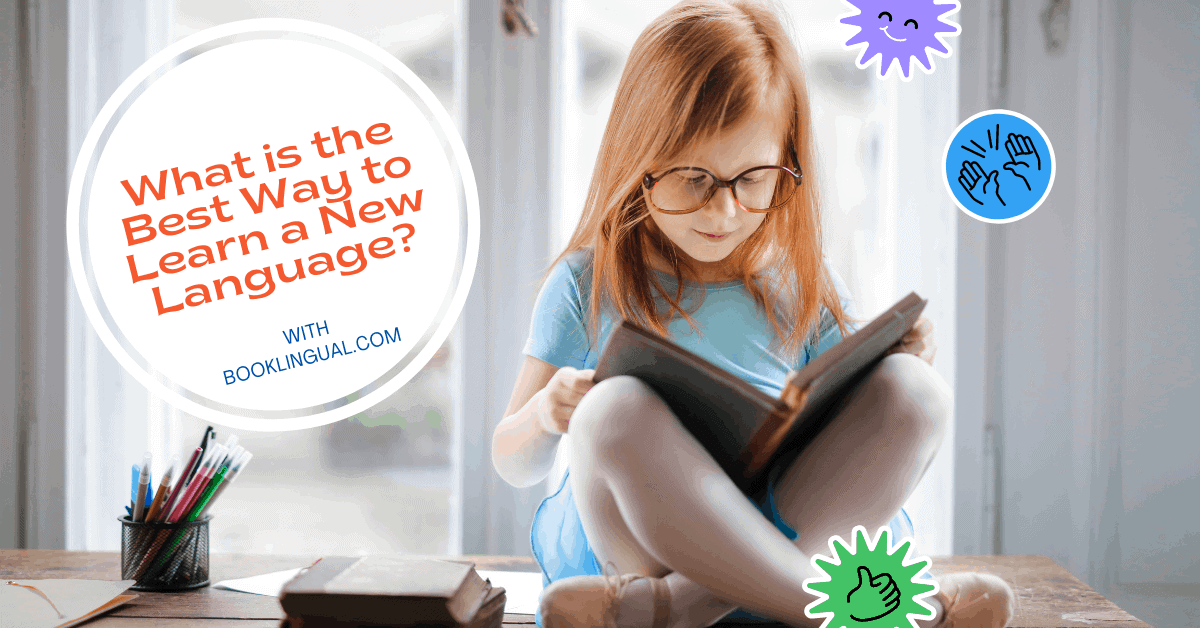Ever wonder about the best way to learn a new language? Let’s discuss the most important strategies for learning a second language.
Total Immersion.
You just can’t beat this one. Living in the country of the native language for a few months is your best option. Furthermore, attending a foreign university would be beneficial. This forces you to learn and speak the language, rather than falling back on your ‘crutch’ (English). When you take away the option to “cheat on the foreign language”, you learn at an incredibly rapid pace.
Live Tutor.

Most people can’t ditch their life to live in Beijing; so this is the closest you can get. Search the internet for a live tutor. There are several ways to get connected with a native speaker (AND teacher) who will help you get accustomed to progress.
Social Gatherings/Meetups.
So many people buy Rosetta Stone. Or they buy a single textbook or the latest app. However, they don’t FORCE THEMSELVES to speak the language. By going to a regular social event or gathering (with native speakers + those learning the language) you will be able to practice what you have been learning from other sources. Check out www.meetup.com
Books.
People seem to think books are the ‘old way’ and have been trumped by software. Reading a book is the 2nd best way to learn ANYTHING; as your brain is in a state of cognitive action, requiring you to attach words to sounds, and words to pictures. Add BookLingual Spanish resources as your go-to resource.
Media/Software/Programs.

Notice that Rosetta Stone, Pimsleur, and the likes are number 5 on this list. They help guide you and organize your path to language progression. But are by no means an end all be all to fluency. Also, make sure and check out Duolingo – which is completely free (and quite amazing).
Free Content on the Internet.
Go to YouTube, and Google ‘learn Spanish’ – you are going to find so many free resources. Notice that this is very helpful, but is not transformative to fluency unless you apply it to speaking.
Special Tips:
- When I was working on mastering Spanish, I found it very helpful to keep a handwritten daily journal. Every day when I came upon a word I didn’t know or made a mistake – I wrote this in the journal. At the end of the day, I would review everything again. This was extremely helpful, and it is always nice to put pen to paper (instead of mashing on a keyboard all day).
- Learn a language with someone else. With a family member, spouse, coworker, or friend. You can keep each other accountable and practice together.
- Set aside a “Spanish only” day each week (or whatever language) – where you only watch Spanish language TV, only read in Spanish, etc. This will help to mimic total immersion.
- Teach your children the language. Children have the propensity to learn at a very rapid pace, and this will be a wonderful bonding activity.


